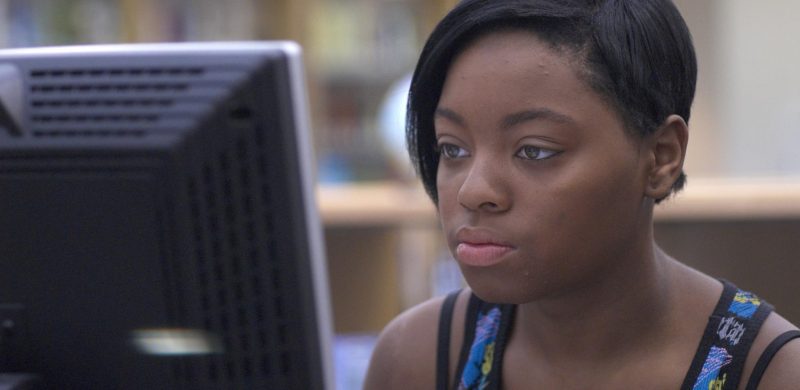
Maud Chifamba, a former student from the University of Zimbabwe, graduated in an Accounting Degree in 2016. The most amazing fact about her and her story is that she is the youngest female student to have graduated with a degree at her age. She was 18.
According to the Ministry of Public Service, Labour and Social Welfare in 2013, tertiary institutions in Zimbabwe in 2013 recorded a 41% enrolment of female students.
Furthermore, a total of 62000 students enrolled into tertiary institutions in 2013 and only 41% of those enrolled were females. The statistics provided by the Ministry also found that most of the women enrolled were studying a degree in either humanities or social sciences or in commercials.
According to Zimstat, statistics also show that women prefer to learn at polytechnics and teacher training institutions rather than colleges and universities. This is all despite the fact that there are more women than men in Zimbabwe. The statistics for Zimbabwe in 2015 project that there will be around 7.24 million women. Now the biggest issue surrounding women is the fact that all this is envisaged in a culture and environment which is very largely patriarchal.
More recently, we have cases of women who have defied the odds such as Divine Ndhlukula According to Forbes Africa; she is part of the top African businesswomen. She is also the founder of Securico which is a security company in Zimbabwe. We also have Lynn Mukonoweshuro is the Group CEO of Kingdom Financial Holdings Limited (KFHL), as well as Chairperson of the Council of the Women’s University in Africa. There is also Marjorie Ngwenya who is an actuary currently residing in London, UK.
According to the Women’s University of Africa, 1038 women graduated from the institution in 2016. This goes on to show how women are also taking strides to excel and make a living for themselves
Society tends to determine the female’s place as being in the kitchen as opposed to being in the classroom. Another factor to consider is teenage pregnancy. Women tend to fall pregnant before or as they undertake their tertiary institution studies. This greatly disadvantages their ability to perform at the same level as their male counterparts.
The University World News also highlights how factors such as “lack of adequate accommodation, lack of grants, sexual abuse and rape, victimisation by lecturers, lack of sanitary facilities, early marriages, poor access to affordable health care, gender imbalances in institutions, low female involvement in decision-making and in student bodies, low self-esteem, and lack of prenatal care”, impact on enrolment into tertiary institutions.
Article by Nelson Madzima




